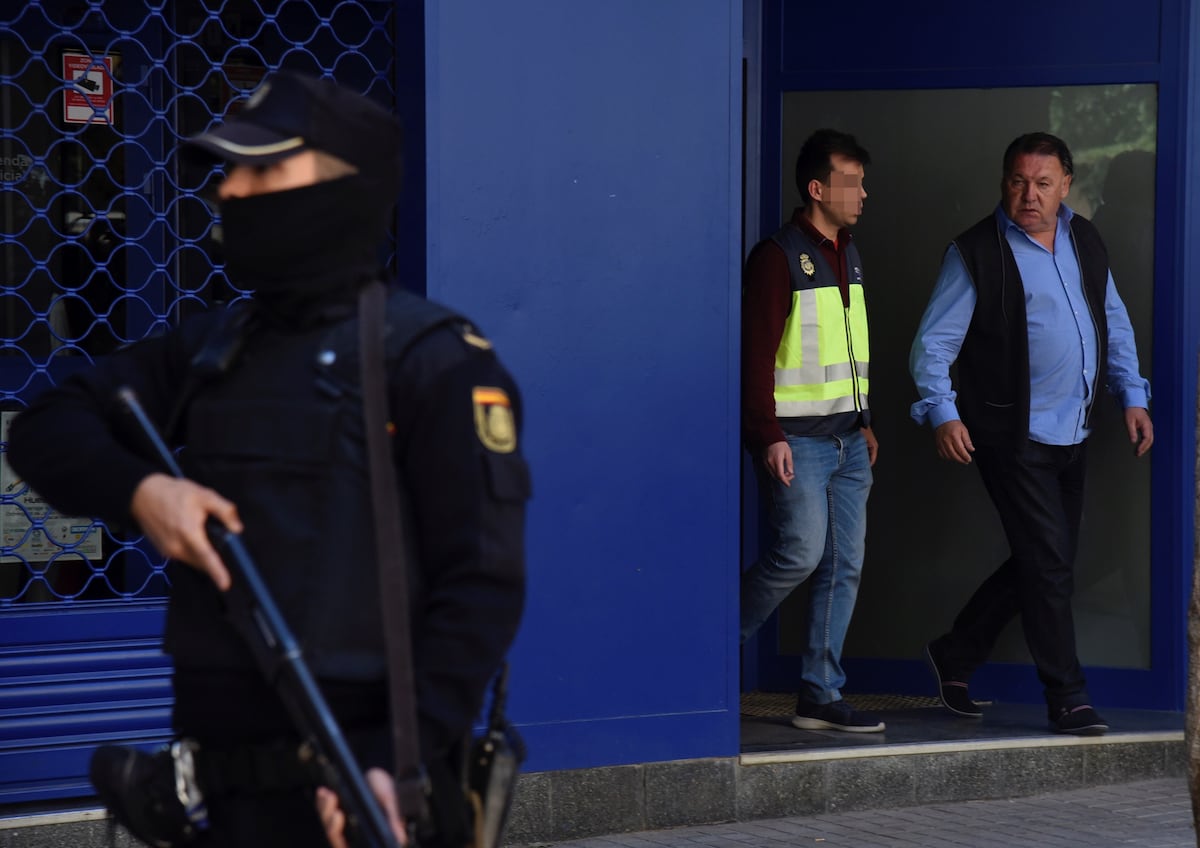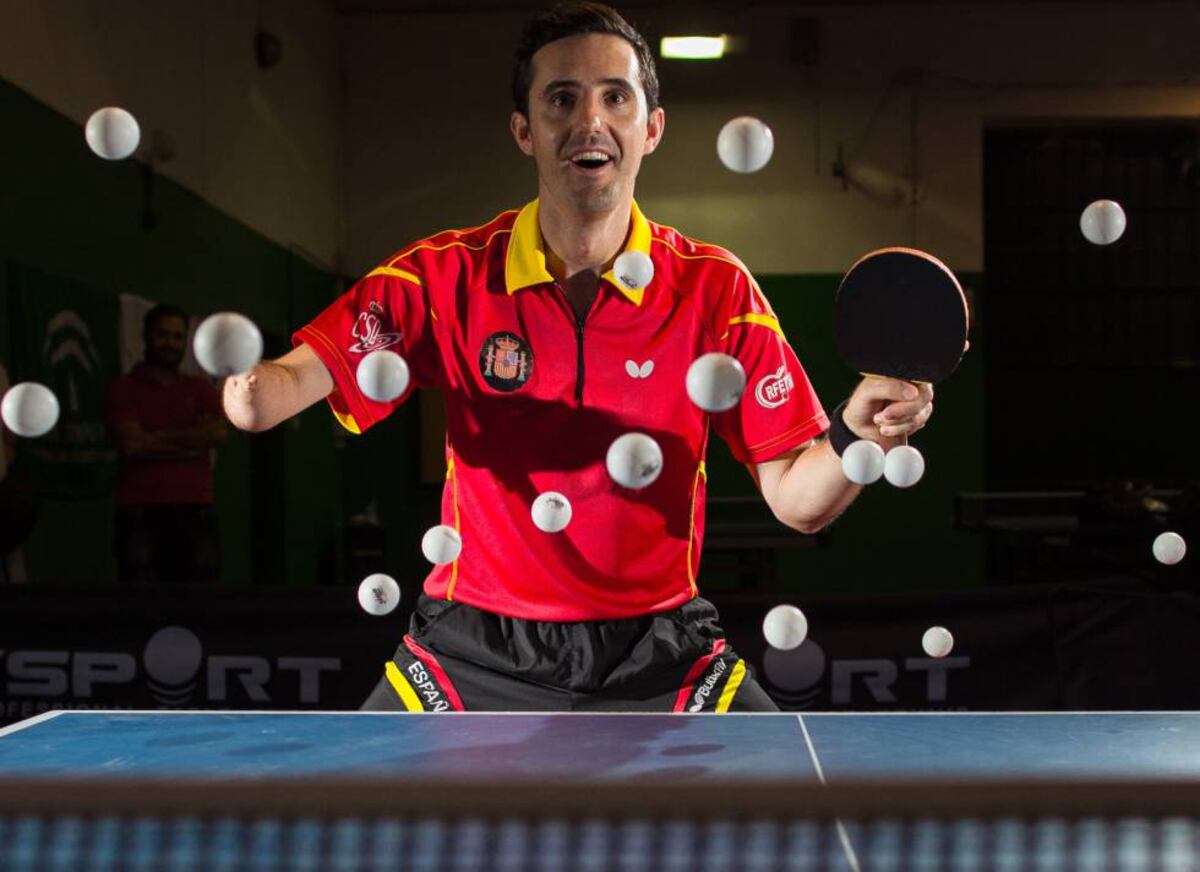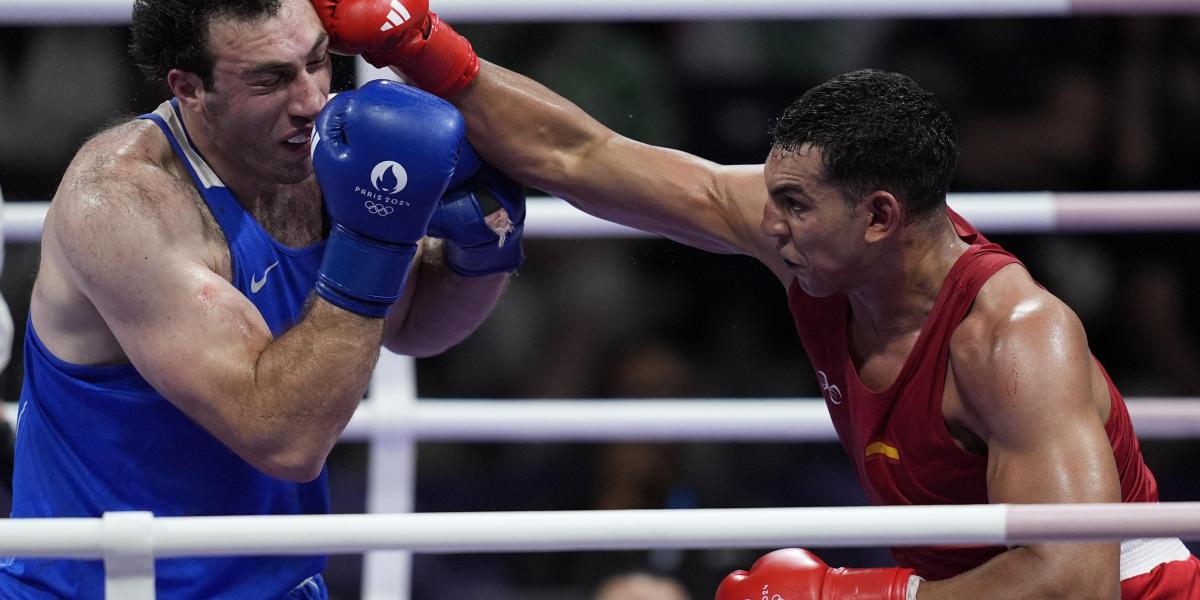
The Oikos operation, developed in May 2019, was a real earthquake in the world of Spanish professional football. For the first time, the shadow of the Amaño of Parties for bets splashed the First Division. Today, almost three years later, the case is still open in a Court of Huesca trying to overcome the difficulties involved in ramifications abroad, encrypted telephony messages and the imperceptible trace that leaves the transfer of money that moves in hiding. Of the successes and errors of both police operation – the most media -, as well as others, and the so -called bitures, which uncovered the mistress of tennis parties, the teachings that will receive on May 4 and 5 arise 30 30 agents of the National Police to which the Ministry of Interior wants to form before the new forms of corruption in sport. “With these days it is intended that the different sectors involved in the fight against the Amaños in sports share experiences and initiatives,” explain sources from the General Directorate of the Police.
During the course, in which jurists, experts in the world of bets and responsible for La LaLiga will participate, there will be a section dedicated to the growing use of cryptocurrencies for these plots. Iñaki Arbea, police officer who participated, in 2015, in the investigation of the Osasuna case That the illegal premiums in Spanish football brought to the courts and who is currently responsible for Integrity of LaLiga, will focus on them part of his speech. “Cryptocurrencies have become a simple instrument for money laundering of illegal bets because they make it difficult to follow the money trace,” says Arbea, which will also alert on the internet proliferation of unregulated game platforms.
LaLiga's representative recalls that the proximity of the end of official competitions (when many teams are no longer played and there is a risk of footballers lending to these frauds) and the next celebration of a World Cup of football increases the risk of Amaños. In these cases, Arbea insists on the need to intensify international collaboration, embodied in operations such as Interpol, whose eighth phase, developed last September in 28 countries, resulted in 1,400 detainees, 800 of them in Hong Kong. “It's a global problem,” he insists.
According to the call of the course, to which the country has had access, they may aspire to one of the 30 agents of all the scales and categories of the National Police that meet a requirement: which currently perform precisely performing research functions related to sports corruption. At present, the epicenter of police investigations against sport fraud is the National Police Center for Integrity in Sports and Betting (cented).
The course has been invited, as confirmed by the Superior Court of Justice of Navarra, Judge Fermín Otamendi, responsible for the instruction of the Osasuna casealthough your assistance has not yet been confirmed. From the investigation of this magistrate, a Court of the Provincial Court of Pamplona condemned nine people, including two players. The ruling concluded that the so -called raw to third parties, with which some teams encourage others to win in their clashes with other clubs, are illegal to influence the competition. From the legal field, a member of the Laliga Legal Team will also intervene, who is a person as an accusation in all summaries that open for corruption that affect football, both professional and amateur. “It will explain to the agents the vicissitudes facing judicial investigations,” they point out from the League.
A representative of the General Directorate of Planning of the Game (DGOJ) will also participate, under the Ministry of Consumer. The DGOJ is responsible for “ensuring the integrity, security, reliability and transparency of game operations” and for this, since 2017, the so -called Global Research Service of the Betting Market (Sigma), responsible for collaborating with the security forces and other entities in the prevention and detection of parties lovers. Last year, Sigma performed 440 actions, of which 146 were related to the integrity of sports competitions. Of these, 88 had to do with football; 23, with table tennis and 13, with tennis, the three sports that accumulate 89% of the files.
The private company will also be present. Internet game operators will be represented by the employer Jdigital and its general director, Jorge Hinojosa. “Neither sports nor operators are interested in unauthorized practices,” says Hinojosa, who also focuses on cryptocurrencies: “You still have to learn more about these products and work in their regulation.” In addition, a Stas Report member, a company dedicated to the analysis of large amounts of sports data that works for professional leagues, media and betting houses, is expected to participate.
The encrypted phones that struck the Oikos operation
The head of the Integrity of the Professional Football League, Iñaki Arbea, one of the participants in the course, highlights that the plots that are dedicated to the amaño of matches and the fraud in sports bets are usually criminal groups that, on many occasions, participate in other illegal activities, mainly the money laundering. “And, as always happens in organized crime, they use the latest technology in their activities,” he says. The material intervened in operation Oikos, in 2019, reinforce that idea.
Then, the police seized two phones encrypted to the two alleged leaders of the dismantled plot then, former soccer players Raúl Bravo and Carlos Aranda. Those responsible for the investigations always considered that both terminals could contain a good part of the keys to know the supposed real reach of their activities and, therefore, tried by all means to access their content. In fact, in some of the intervened telephone conversations, other alleged members of the plot talked about using these types of devices to keep the most compromising conversations. “When you are going to talk about something, it was mobile, outside …”, one told his interlocutor.
Therefore, the investigators asked police experts, the National Cryptological Center (dependent on the CNI Secret Service) and several European laboratories to try to make fun of the encrypted, but without success. Then they asked the judge of the case to send them to the Forensic Digital Laboratory that Interpol has in Singapore. In their brief, the agents recognized “the technical impossibility, due to the sophisticated level of encryption, of making the dump (access to the content)” in Spain. “They had more security measures than some great drug traffickers,” he then summed up this newspaper a high police command.
The magistrate authorized the shipment, but mobile phones finally did not travel to Singapore. Interpol experts also did not see the way to unlock them. So the riddle is still waiting to be revealed in police units.
You can follow El País Deportes in Facebook y Twitteror sign up here to receive Our weekly newsletter.



